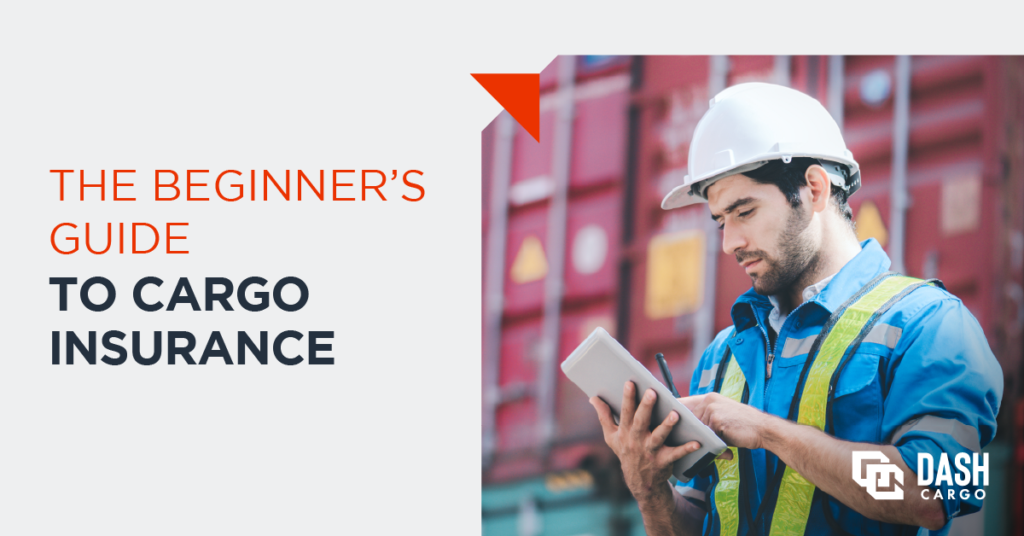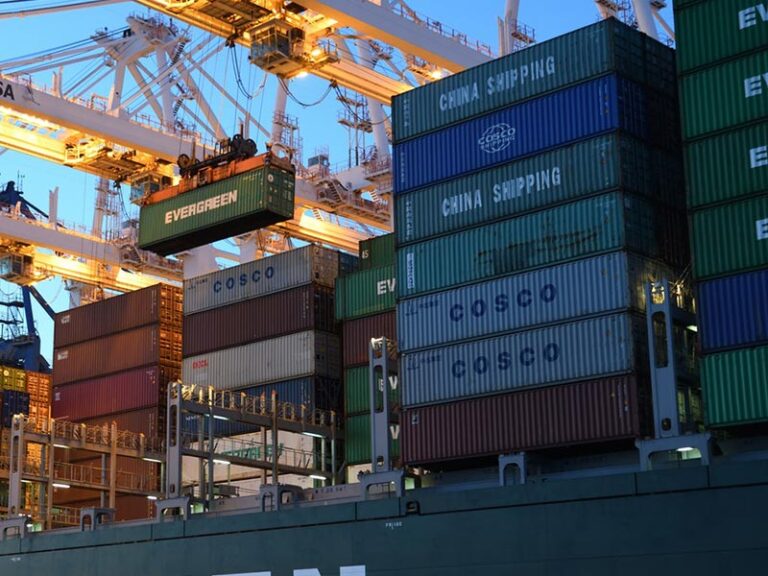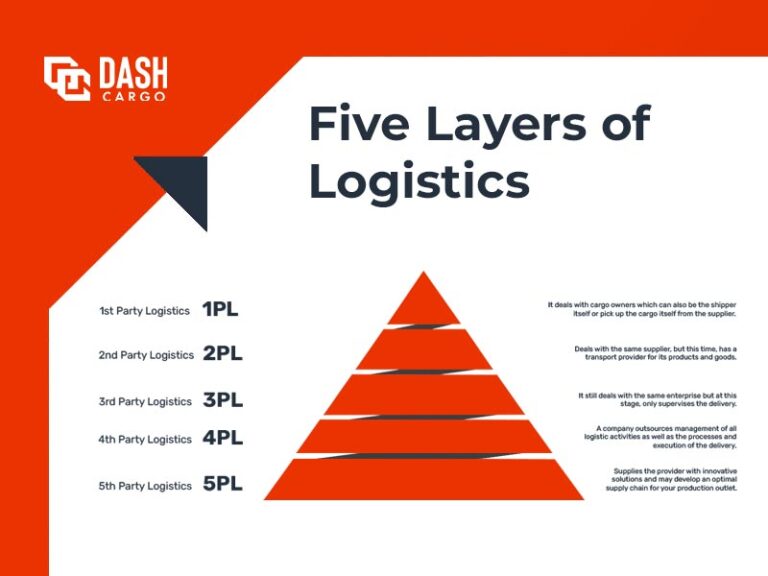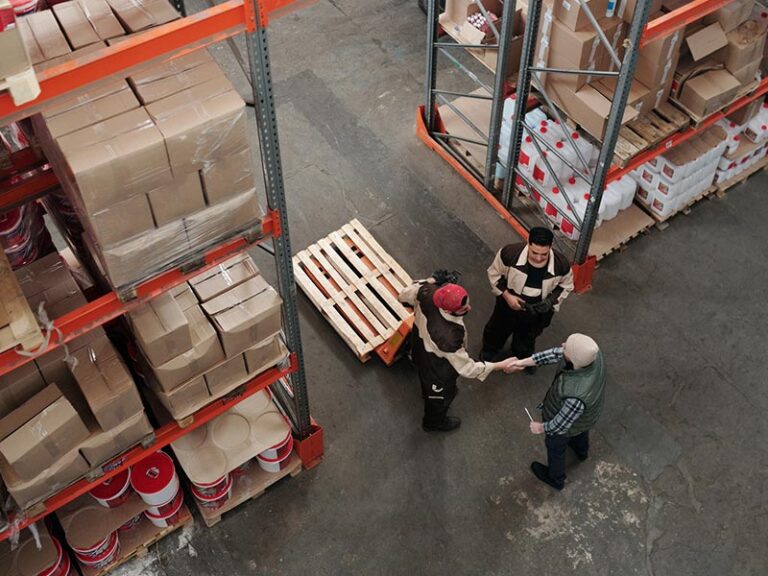
As the global trade market continues to evolve, the world’s reliance on shipping is a direct sign that the freight industry won’t slow down any time soon. Whether it’s through land, sea, or air freight, shipping has enabled nations from across the globe to engage in trade.
In 2020, research showed that the global cargo shipping market size accounted for 10.85 billion tons, and current trends suggest that this figure is expected to rise to 13.19 billion tons by 2028.
To ensure that their products arrive safely and on time, business owners should follow the best practices in shipping. One of the best ways to ensure that your goods are covered from theft and damages would be to acquire cargo insurance.
What is Cargo Insurance? Why Does It Matter?
Cargo insurance protects your package or shipment from unwanted damage and theft during transit. While insured products are often reimbursed if covered, the outcome varies depending on the product’s value and the insurance package you paid for.
Though not mandatory for most business owners, applying for cargo insurance is recommended because of its benefits. It protects against unexpected risks, freight loss, and general damages received during travel. Additionally, it provides peace of mind to both the seller and buyer.
How Much Does Cargo Insurance Cost? What Does It Cover?
In most situations, the price of cargo insurance is calculated by adding the free onboard value to the freight cost plus an additional 10%. The free-on-board value is the price of a good or service, including the transport or distribution fee and possible taxes.
There are different types of cargo insurance coverages, each offering a specific layer of protection. These cover accidents, cargo abandonment, customs rejection, and natural disasters. However, the insurance policy may not cover some incidents and damages, like poor product packaging and other damages caused by shipping mistakes.
Types of Cargo Insurance
When it comes to cargo insurance, there are three different types. Each of these types gives a specific range of coverage benefits should something happen to your parcel en route to its destination.
1. Single coverage
As its name suggests, the single coverage policy insures one-time shipments throughout its dispatch and delivery period. Compared to open coverage or all-risk coverage policies, single coverage is not bound by time and expires when the ship arrives at its destination.
Otherwise known as a voyage policy, this type of coverage is mostly used by infrequent shippers or individuals who only need to ship small cargo volumes. While it covers the usual unforeseen risks, it doesn’t account for preventable incidents. This type of coverage is best for small to medium-sized businesses.
2. Open coverage
Open coverage refers to the type of insurance policy where the insurance company covers all cargo shipments throughout the policy period and is mostly used in international trade operations. Because of this, many consider open coverage to be the opposite of single coverage insurance policies.
Open coverage policies can either be renewed per shipment or can be a permanent policy covering several packages. This type of coverage is best suited for companies that are frequent shippers of goods or services since they’re the ones who can utilize the coverage period the most.
3. All-risk coverage
Out of all the types of cargo insurance currently offered, all-risk coverage gives business owners the broadest coverage regarding their shipments. Provided the damage isn’t from an event outside the policy scope, your packages should be covered and paid for by the insurance agency.
Opting for this insurance policy assures business owners and buyers that their package is comprehensively protected. It also saves the parties involved the time, energy, and money you would otherwise spend on damage control.
While its scope is broad, there are still limitations regarding coverage. Common exclusions for this type of coverage include the likes of cargo abandonment, improper packaging on the part of the seller, logistics or employee dishonesty, and the parcel being rejected when it arrives at customs.
Keeping Your Cargo Safe
When it comes to businesses that frequently ship packages to different destinations, it’s important to understand the benefits of cargo insurance. In addition to minimizing losses, it also provides both parties with peace of mind knowing that their packages will be covered.
Whether you plan to ship or receive products abroad, pairing your cargo insurance coverage with customs clearance services will ensure the smooth delivery of your goods.
For the best protection for your parcels, find your ideal freight companion with Dash Cargo. Boasting a full range of ocean freight management, Dash Cargo offers the best experience in delivering your package from point A to point B. Contact us today to avail yourself of the best sea freight services in the Philippines.



